What to consider when migrating your data
1 September 2022 | Noor Khan
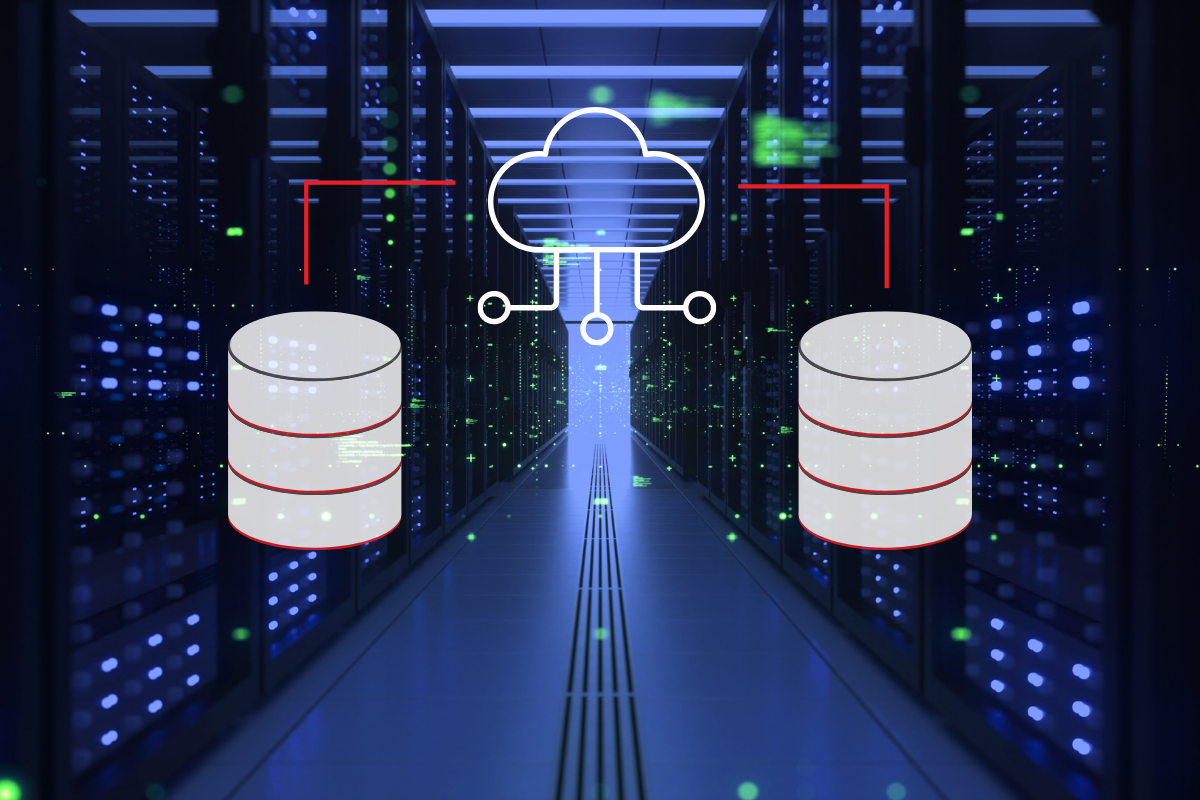
Migrating data can be a challenging and complex process especially if your organisation is dealing with large volumes of varied data that is collected at fluctuating speeds as well as data that may be sensitive. There is potential for data exposure and leaks which can be detrimental to a business, especially when dealing with sensitive information. There are several things you need to consider when migrating data to mitigate any negative effects and impacts such as data loss.
Data migration, if delivered effectively can provide a wealth of benefits including streamlined data, improved database performance and optimised data accessibility. Here, we will explore the key factors to take into consideration for your data migration project.
Identifying your data for data migration
Identifying the data that you want to migrate is key to getting started. You need to establish the data source, data type and format and data sensitivity. If you are moving a variety of data then it might be a good idea to separate the data and mark it with the required information, therefore sour and location, type and format and rank in terms of sensitivity. Establishing this information will help you feel well informed on getting started with the project. It can also help you find any gaps or any other data that may also need to be migrated.
This is the key stage before you get started on creating a data migration plan for your project.
Creating a data migration plan
According to Gartner around 83% of data migration projects fail or exceed their deadlines and budgets. Therefore, planning is crucial. Data migration can be complex, therefore ensuring you have a solid plan at hand can make or break your project. A migration plan will give you a solid foundation to work from during the project. Some things you should consider having in your plan include:
- Goals and objectives – any good plan will highlight the goals and objectives of the project. What are you looking to achieve? Reduced long-term costs, improve data performance? It may also be worth adding KPIs to measure progress.
- Risk assessment – what are the potential risks and what are the actions you are going to take to mitigate them?
- Identifying support – If you need support where can you find support, this could be an external party or a data partner.
- Project duration – Set a project duration with realistic goals and deadlines.
- Identify those affected – the migration of the company’s data may impact several individuals in the organisation, therefore, highlight who needs to be made aware so they are prepared for any system dropouts.
- Selecting technology – What tools and software will you be employing for your migration plan and why? Are they cost-efficient? Have you used them previously? Do they suit your type of data, needs and requirements?
- Ability and resource – Do you have the ability, skills, expertise and resource available for the migration project? There are a lot of businesses that fail with their data migration because they underestimate the scope of the project.
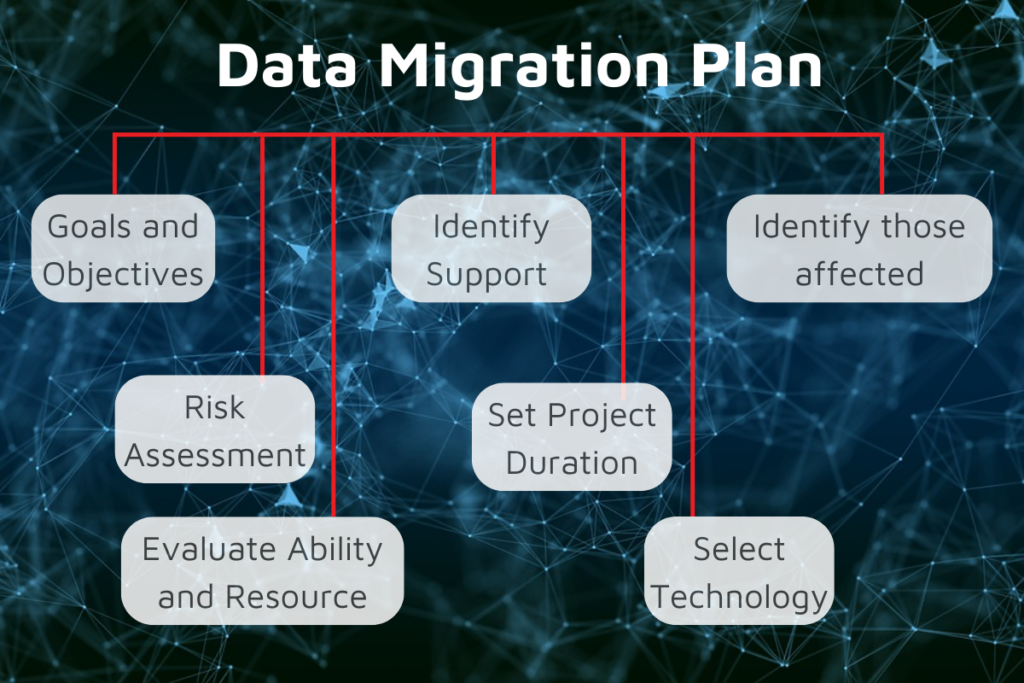
Ensuring backing up for all data
To avoid any data loss, we recommend you ensure all your data is backed up should there be any issues or errors during the data migration process. Our data engineers have worked on many data migration projects and ensure every time that the data is back up. Data back should be an essential practice if your company deals with big data, however, it is incredibly important for the migration process. Backing up the data on multiple platforms is preferable, although it might not always be viable. This is why you should at least back up your data on a cloud platform which differs from the main location of your data store.
Read more on hybrid-cloud or multi-cloud and choosing what is right for you.
If you have large volumes of data then it can be a hugely time-consuming process, therefore you may want to carry this out during less busy times. For example, if your team are working during the week, consider backing data on the weekends or outside of working hours. At Ardent, we carry out data backups for clients all across the world in line with when it is their downtime when possible.
Choosing the right data migration technology
Selecting the right tools and software for your data migration is key. There is a number of factors you should consider when selecting the right technology and these includes:
- Expertise and knowledge required – do you have the required expertise and knowledge in-house?
- Cost-efficient – Are they affordable to your business?
- Support – The larger companies such as AWS and Microsoft usually offer great support.
- Pros and cons – Weigh the benefits and limitations to find the right tech stack for your migration.
Ardent has helped a number of our clients choose the right technology stack for their data migration to suit their data, requirements and end goals. Our data engineers have decades of experience in successfully delivering data migration.
Outsourcing data migration
If you find the data migration process overwhelming and have found that you may not have the right skills and expertise in-house then you may consider outsourcing data migration. If you are looking to do this, then carrying out due diligence is key. Here are some questions may consider asking any potential partner:
- What relevant experience do they have in terms of data similar to your data, data migration project etc?
- What expertise do they have in specific technologies or are they able to make better recommendations?
- What data security practices are followed? For example, Ardent is an ISO 27001 certified company.
Ardent has been the provider of choice when it has come to outsourcing data migration for a variety of organisations from global leaders to local governments.
Stringent testing of the migrated data
Once the data migration process is complete and you have finished with the migration, you need to ensure stringent testing is carried out whether that is in-house or externally. This will help spot any issues or errors in data including corrupt or missing data or any there is there a presence of misformatted or incorrect data.
Regular maintenance
Carrying our regular maintenance checks on your data will ensure data system sustainability and help you mitigate the risk of any problems arising. We recommend that these maintenance checks are carried out regularly, especially if you’re data is not monitored and supported around the clocks.
Ardent data migration solutions
At ardent, our data engineers have worked with a multitude of companies delivering data migration solutions dealing with a variety of data, volume of data and varying data location and destination. If you are looking for an experienced data engineering partner with a proven track record in successfully delivering data migration solutions, get in touch to find out how we can help.
Ardent Insights
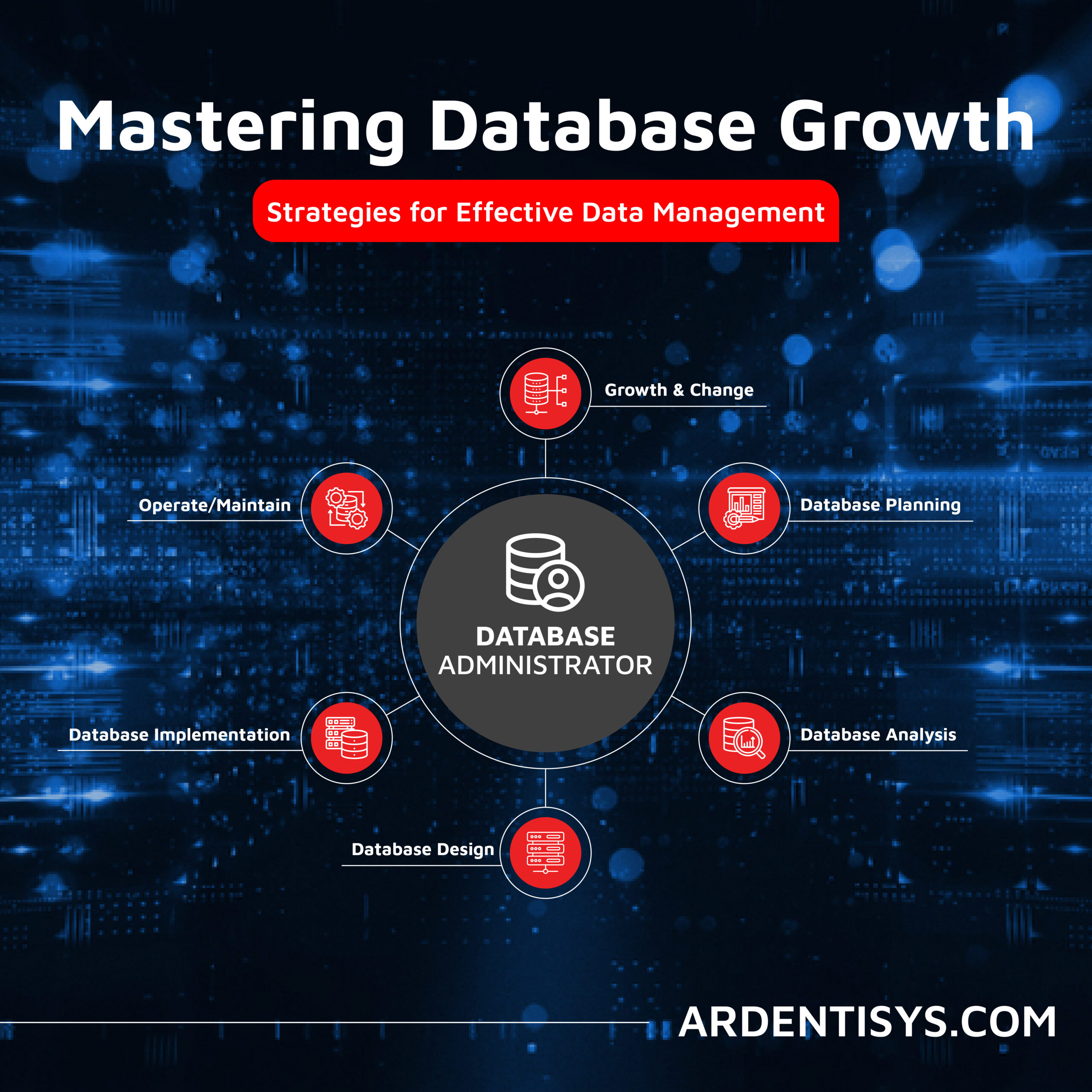
Overcoming Data Administration Challenges and Strategies for Effective Data Management
Businesses face significant challenges to continuously manage and optimise their databases, extract valuable information from them, and then to share and report the insights gained from ongoing analysis of the data. As data continues to grow exponentially, they must address key issues to unlock the full potential of their data asset across the whole business. [...]
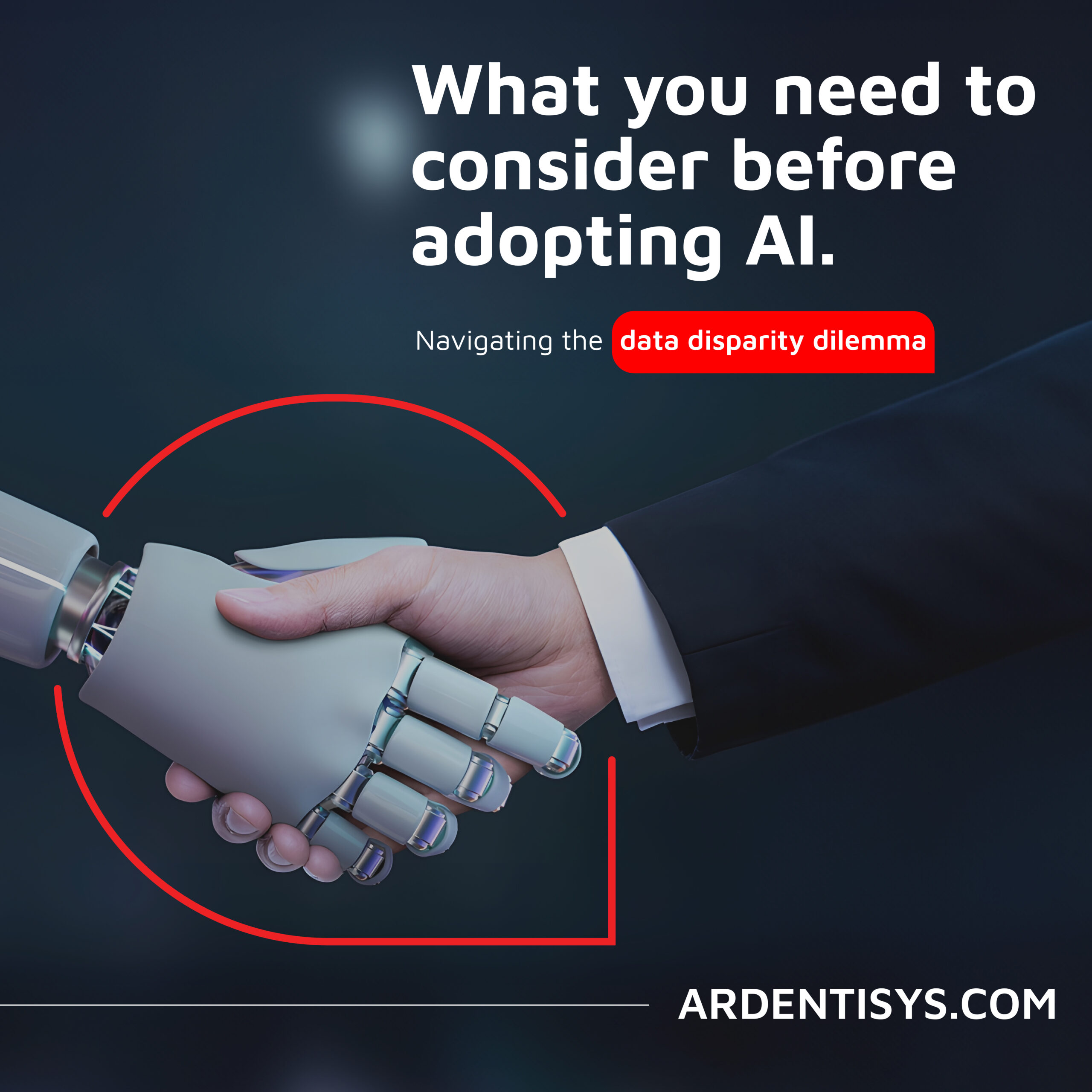
Are you considering AI adoption? We summarise our learnings, do’s and don’ts from our engagements with leading clients.
How Ardent can help you prepare your data for AI success Data is at the core of any business striving to adopt AI. It has become the lifeblood of enterprises, powering insights and innovations that drive better decision making and competitive advantages. As the amount of data generated proliferates across many sectors, the allure of [...]
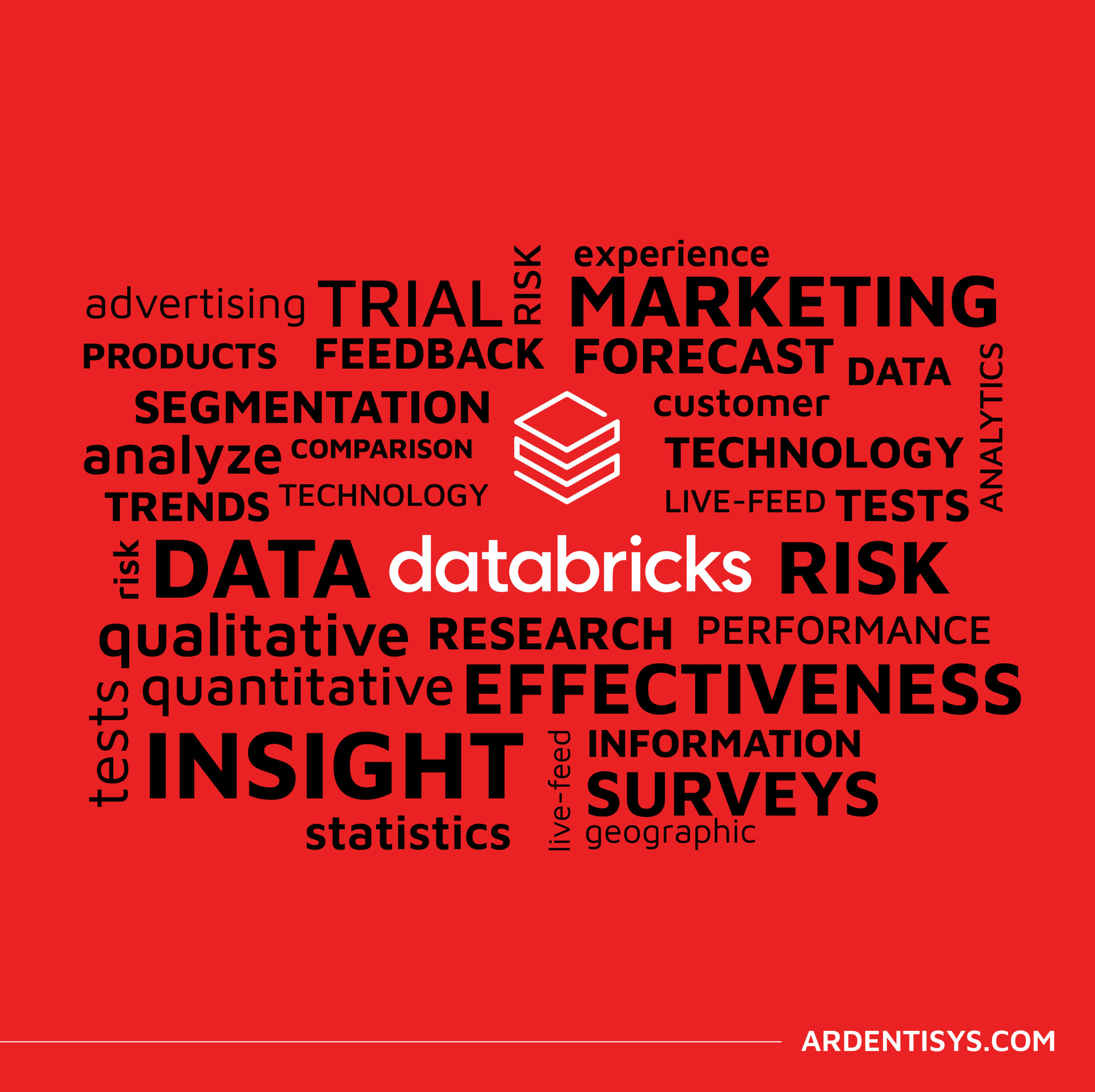
Why the Market Research sector is taking note of Databricks Data Lakehouse.
Overcoming Market Research Challenges For Market Research agencies, Organisations and Brands exploring insights across markets and customers, the traditional research model of bidding for a blend of large-scale qualitative and quantitative data collection processes is losing appeal to a more value-driven, granular, real-time targeted approach to understanding consumer behaviour, more regular insights engagement and more [...]






